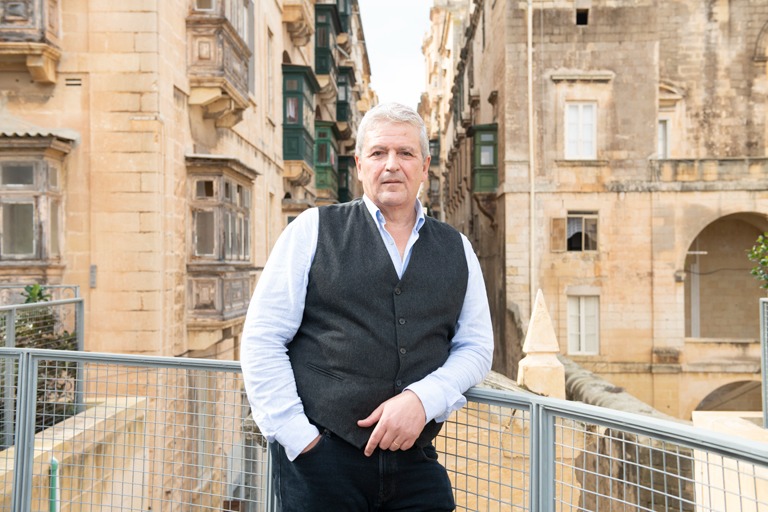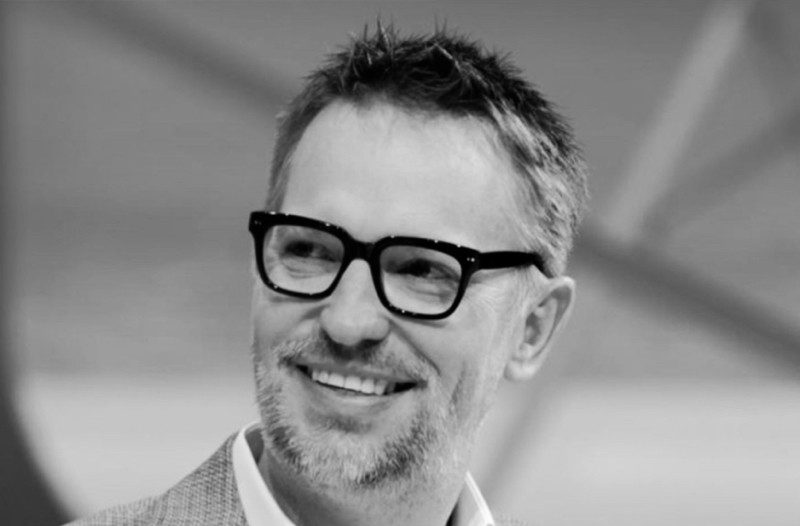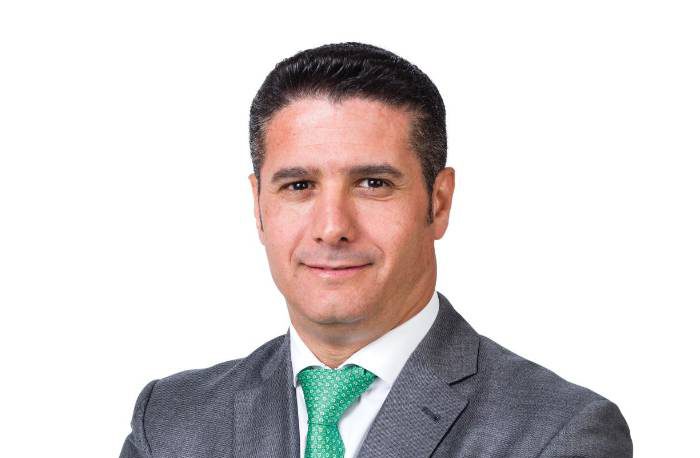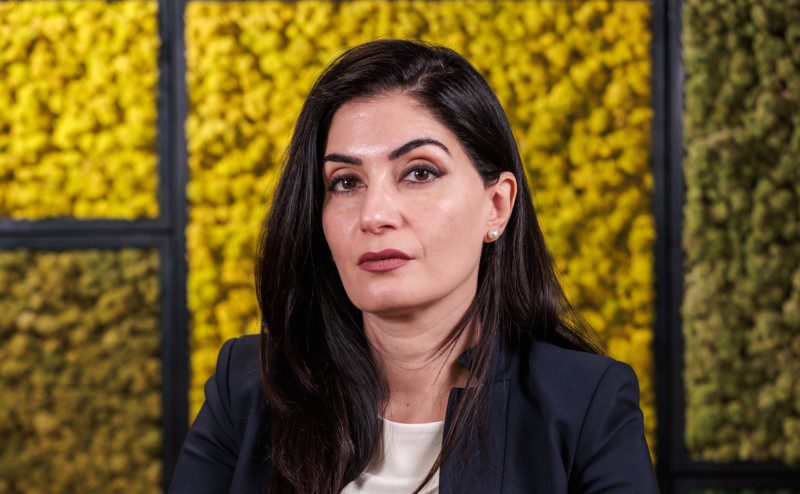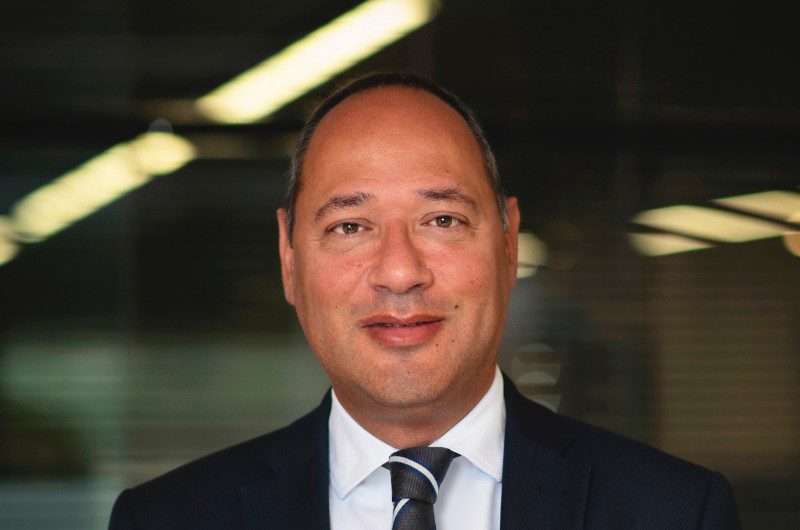For David Felice, Executive Director at AP Valletta, “the real tragedy” facing Malta at the moment is not only the issues that normally dominate the news cycle, but the fabric of development zones themselves; the areas where most people on the island live, work and play.
His comments were featured in the cover story of the December edition of Business Now magazine, the sister brand to BusinessNow.mt, which delves into the mammoth challenges of overdevelopment on the island.
Click here to see how Prof. Alex Torpiano, Dean of the Faculty for the Built Environment at the University of Malta and Executive President of Din l-Art Ħelwa believes the issue should be tackled, as a start.
“Here there is no urban vision, no desire to make something beautiful. If our urban landscapes are meant to reflect our quality of life, then I fear that the narrative is not an eloquent one. Building is an act of culture and therefore relates the story of who we are,” he says.
While he believes responsible and sustainable development is still possible, Perit Felice warns that this will require sacrifice and a commitment to long-term planning, as well as a total overhaul of a planning system currently built around the “lowest common denominator”, rather than creativity, innovation and diversification.
“The current state of affairs demands a radical approach,” he says. “Only this can work. We have to admit that, despite any good intentions, the current planning regime, sadly, has failed completely. It has been taken over by the political and more powerful elements in our society. The planning system must become independent and led by those who can devise a vision for Malta and champion its urban transformation. The opportunity to dismantle our form of urbanism, traditionally focused on the privileged, and the ‘environmental anxiety’ this has caused, is a starting point for testing new models of economic, social and cultural programmes.”
These comments were first featured as part of Business Now magazine’s December edition cover story, exploring the pressing issue of overdevelopment in Malta.
Featured Image:
David Felice / Credit: Bernard Polidano
LinkedIn CEO calls for change in how jobs are perceived – not as titles, but sets of tasks
Ryan Roslansky remarks that while in the past individuals would build their careers for stability, nowadays it is more of ...
CEO states that RS2 Group’s performance is expected to improve with a ‘stronger pipeline’ in 2024
During 2023, RS2 Group registered €1.4 million in pre-tax profit, 19.1% less than in 2022.
‘Promoting inclusivity is not only the right thing to do, but also a strategic imperative’ – APS CSO
Speaking during the signing of a commitment to the Malta Diversity and Inclusion Charter, Liana DeBattista notes that the bank’s ...
Manfred Galdes named new HSBC Bank Malta Chairman
He previously served as Non-Executive Director of the bank for over three years.


